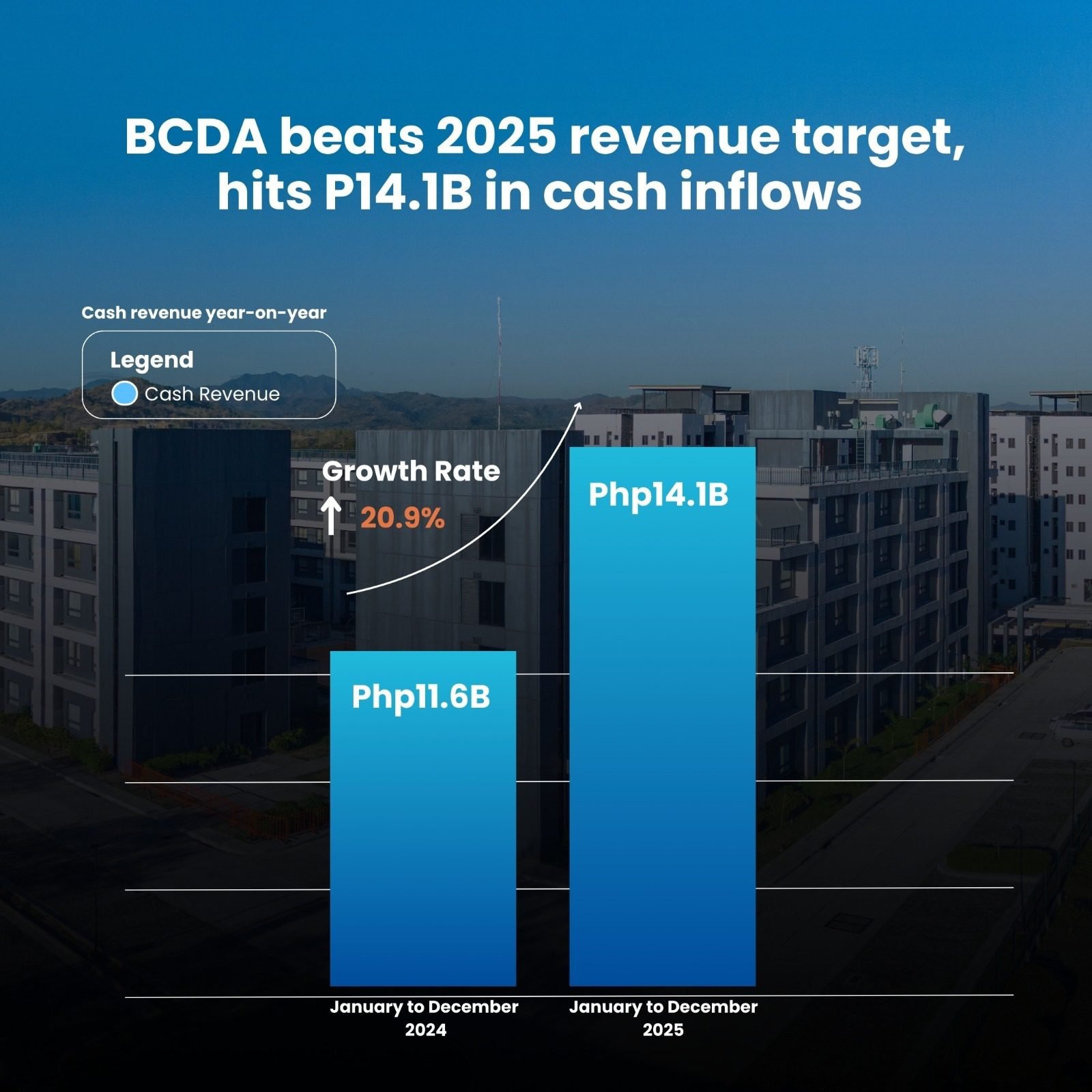Pinoy Marino Rights
Atty. Dennis Gorecho
“He who has less in life should have more in law” is the wisdom popularized by the late President Ramon Magsaysay as far as the constitutional social justice principle is concerned.
The pending Magna Carta for Filipino Seafarers should be the translation into reality of President Magsaysay’s wisdom.
The original Magna Carta is one of the most famous documents in the world, short for Magna Carta Libertatum, the Medieval Latin for “the Great Charter of the Liberties”.
Originally issued by King John of England as a practical solution to the political crisis he faced in 1215, the Magna Carta established for the first time the principle that everybody, including the king, was subject to the law. It dealt with specific grievances relating to his rule.
Some of Magna Carta’s core principles are echoed in the United States Bill of Rights (1791) and in many other constitutional documents around the world, as well as in the Universal Declaration of Human Rights (1948) and the European Convention on Human Rights (1950).
Lord Alfred Thompson Denning, a famous English lawyer and judge, described it as “the greatest constitutional document of all times – the foundation of the freedom of the individual against the arbitrary authority of the despot”.
The first version of the Magna Carta for Filipino Seafarers was the by-product of the first National Seafarers Conference held in 2002 at the Manila Hotel that was organized by the Stella Maris Philippines in coordination with the Office of Senator Ramon Magsaysay, Jr.
Years later, several versions were filed by legislators that considered legal developments both locally and internationally which include the Maritime Labour Convention of 2006 (MLC2006), also known as the Seafarers’ Bill of Rights and the fourth pillar of international maritime law.
The MLC2006 establishes minimum working and living standards for all seafarers working on ships flying the flags of ratifying countries. The Philippines was the 30th state that deposited its instrument of ratification on August 20, 2012.
The proposed Magna Carta seeks to implement the standards set by MLC2006 to ensure protection of the rights and welfare of Filipino seafarers by recognizing their rights, instituting mechanisms for its enforcement. Nowhere in MLC is any mention of an escrow.
Legislative bodies are called upon to be vigilant in their time-honored duty to protect labor.
The Magna Carta should be for the Filipino Seafarers, not for those whom the law sought to protect them from abuses and violations of their rights.
Through restrictive provisions of the seafarers employment contract, claims for disability and death compensation became a legal battleground, especially in instances when seafarers do not receive full compensation that are legally entitled to have.
Such emergence of cases is attributable to the fact that the seafarer’s employer does not hesitate to harness its immense resources to limit its liability.
Manning agencies argued that the “proliferation of labor cases pose a threat to international employment of Filipino seafarers” linked with ambulance chasing.
In Vir-Jen Shipping vs. NLRC (G.R. No. L-58011 November 18, 1983), the Supreme Court downplayed the employers’ position that labor cases “would be killing the hen which lays the golden eggs” which it noted as the “same argument that have greeted every major advance in the rights of the workingman”.
They had consistently used the phrase “balancing the interest of the seafarer and the company”.
But they are throwing off-balance the already imbalanced legal battle on seafarers’ claims.
Every labor dispute is a David and Goliath battle: the worker on one side and the management on the other.
The “balance of scale” will tilt more to capital as this will protect the business interest of the manning agencies and their principal rather than the seafarers themselves.
“Seafarers’ claims for disability benefits should not be considered unreasonable and impelled by nothing but greed but rather, justified by their health considerations and a natural desire of every person to preserve his life for as long as possible. For being human, seafarers should not be penalized (UPL v. Beseril, GR 165934, April 12, 2006).
The Magna Carta should expand, and not limit, the seafarers rights.
A provision that will adversely affect a seafarer’s cause in whatever manner or nature has no place in a legal document that should be for their protection in the first place.
The escrow provision is repugnant to the Constitution since it undermines the mandate to protect the rights of overseas workers and to promote their welfare when it prejudices them the speedy avenue to receive the fruits of his legal battle.












